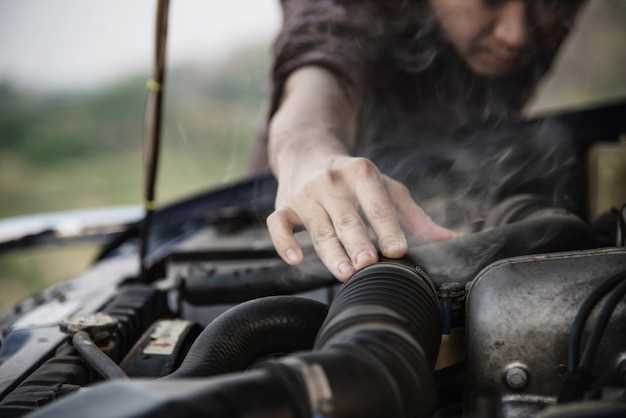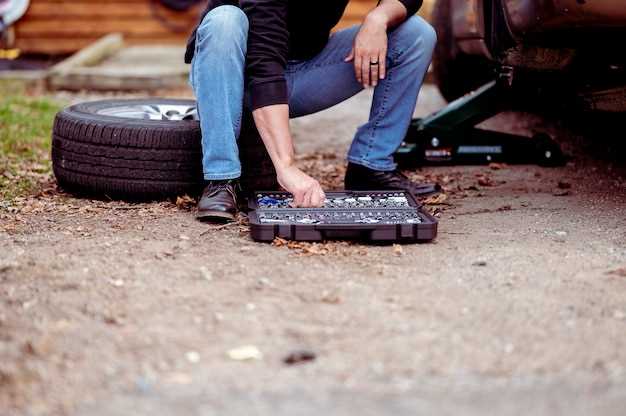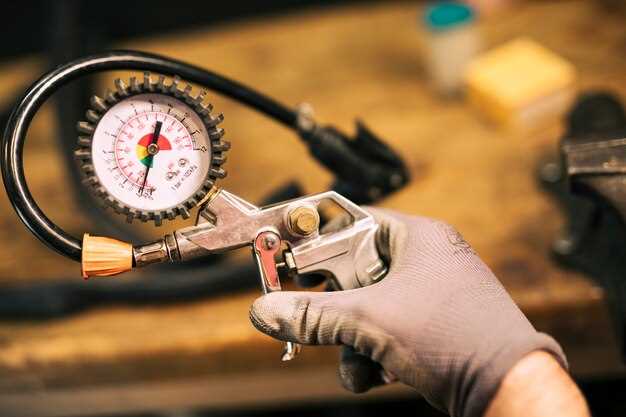
When it comes to off-roading, having the right gear is crucial for a successful and enjoyable adventure. One essential piece of equipment that often gets overlooked is the air compressor. Whether you’re tackling rocky trails or sandy dunes, a reliable compressor can make a significant difference in your experience.
An air compressor serves multiple functions in the off-road world, from inflating tires to powering pneumatic tools. Understanding how to select the right model for your Jeep can enhance your overall performance on the trail. With various options available on the market, it’s important to consider factors such as air output, portability, and durability to ensure that your compressor meets your off-roading needs.
In this guide, we’ll explore the key elements to look for when choosing an air compressor tailored for your Jeep. With the right compressor in your gear arsenal, you’ll be well-equipped to handle any challenges that come your way, keeping your off-road adventures on track.
Understanding Compressor Types for Jeep Applications

When it comes to selecting a compressor for your Jeep, understanding the different types available can significantly impact your off-road experience. There are primarily two main categories of compressors: portable and onboard. Each type serves distinct purposes and is suited for various applications within off-roading gear.
Portable compressors are ideal for those who need flexibility. These compressors can be easily transported and used in different locations, making them great for airing up tires after a day on the trails or for inflating gear like air mattresses. They typically connect to your vehicle’s power outlet and can vary in power and capacity, allowing you to choose one that meets your specific requirements.
Onboard compressors, on the other hand, are permanently installed in your Jeep. This type of compressor is more powerful and designed for frequent use, which is particularly beneficial for off-road enthusiasts who regularly adjust tire pressures or utilize air tools. An onboard system can significantly streamline your gear setup, enabling immediate access to compressed air whenever required.
Another important aspect to consider is the compressor’s air output, usually measured in cubic feet per minute (CFM). Higher CFM ratings can inflate tires more quickly and efficiently. For Jeep applications, a compressor with a CFM rating of 2.0 or higher is typically recommended to handle off-road tires effectively.
Additionally, consider the duty cycle of the compressor. This specification indicates how long a compressor can run before needing to cool down. For off-road use, a unit with a higher duty cycle is preferable, as it can provide continuous air without overheating, allowing you to manage tire pressure adjustments reliably.
In summary, selecting the right type of compressor for your Jeep involves considering whether portability or permanent installation meets your needs, assessing power output and duty cycle, and ensuring that the chosen gear enhances your overall off-roading experience.
Key Features to Look for in a Trail Gear Compressor

When selecting a compressor for your off-road Jeep, it’s essential to keep several key features in mind to ensure optimal performance on the trail.
Portability: A good trail gear compressor should be lightweight and compact. This feature allows for easy transport and storage in your Jeep without sacrificing valuable space.
Inflation Speed: Look for a compressor that boasts quick inflation capabilities. A model that can inflate tires rapidly is crucial, especially during an off-road trip when time is of the essence.
Pressure Rating: Assess the maximum pressure the compressor can achieve. A compressor with a high pressure rating, typically up to 150 PSI or more, is ideal for tackling larger tires and ensuring they are inflated to the correct level for off-road adventures.
Durability: Trail conditions can be harsh, so choose a compressor constructed from robust materials. A durable unit can withstand the bumps and vibrations of rough terrain without compromising performance.
Power Source: Consider how the compressor is powered. Options include 12V DC, which allows for direct connection to your vehicle’s battery, or higher-powered options that can handle larger tires. Ensure that your choice is compatible with your Jeep’s power system.
Accessories: Many compressors come with essential accessories such as an air hose, pressure gauge, and various nozzle attachments. These additional tools can enhance your trail experience and make it easier to inflate other equipment.
Noise Level: Evaluate the noise produced during operation. A quieter compressor is preferable, especially in serene outdoor environments where you want to minimize disruption.
With these key features in mind, you can select the best compressor for your trail gear needs, ensuring that your Jeep is well-equipped for any off-road challenge.
Maintenance Tips for Long-lasting Jeep Compressors
To ensure the longevity of your Jeep compressor, regular maintenance is crucial. Start by checking the air filter periodically. A clean air filter keeps dirt and debris from entering the compressor, ensuring optimal performance on the trail.
Another essential aspect is monitoring the oil levels. If your compressor is oil-based, regularly check and change the oil to prevent overheating and excessive wear on internal components.
Inspect the hoses and connections for any signs of wear or leaks. Damaged hoses can lead to air loss, decreasing the efficiency of your compressor. Ensure all connections are tight and free from debris to maintain a consistent airflow.
It’s also important to keep your compressor clean. Dirt and mud can accumulate during off-road adventures, so take the time to wipe down the exterior and clear any debris from vents and cooling areas.
During use, avoid running the compressor for extended periods without breaks. Allow it to cool down after heavy use, particularly in hot conditions. This practice can prevent overheating and extend the lifespan of the unit.
Lastly, store your compressor in a dry place when not in use. Moisture can lead to rust and corrosion, severely affecting the performance of the gear. Investing time in these maintenance practices will ensure that your Jeep’s compressor remains reliable for many trails to come.




